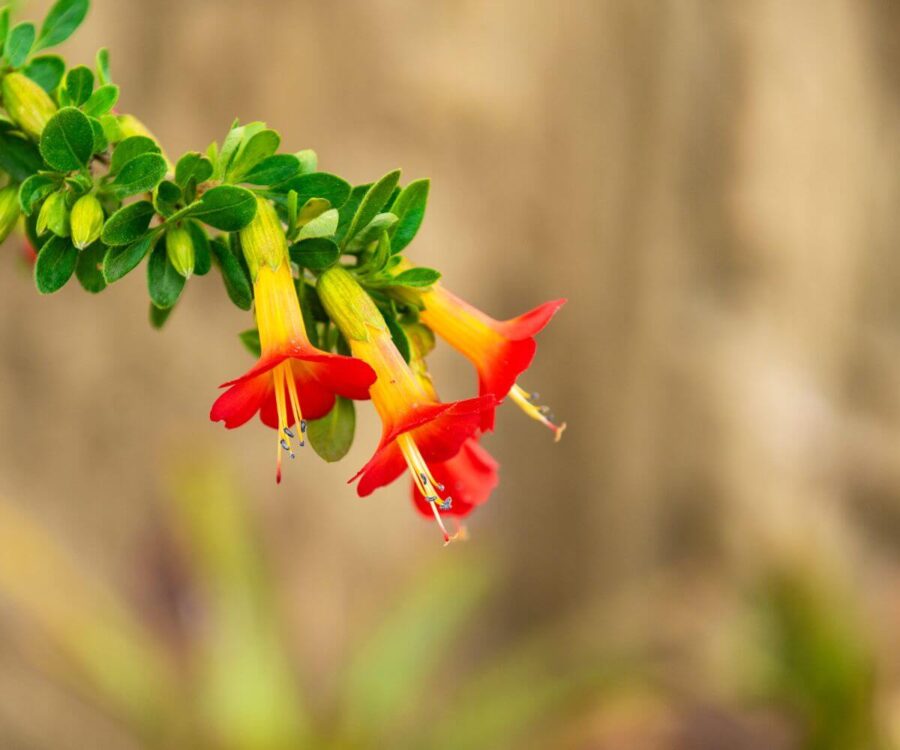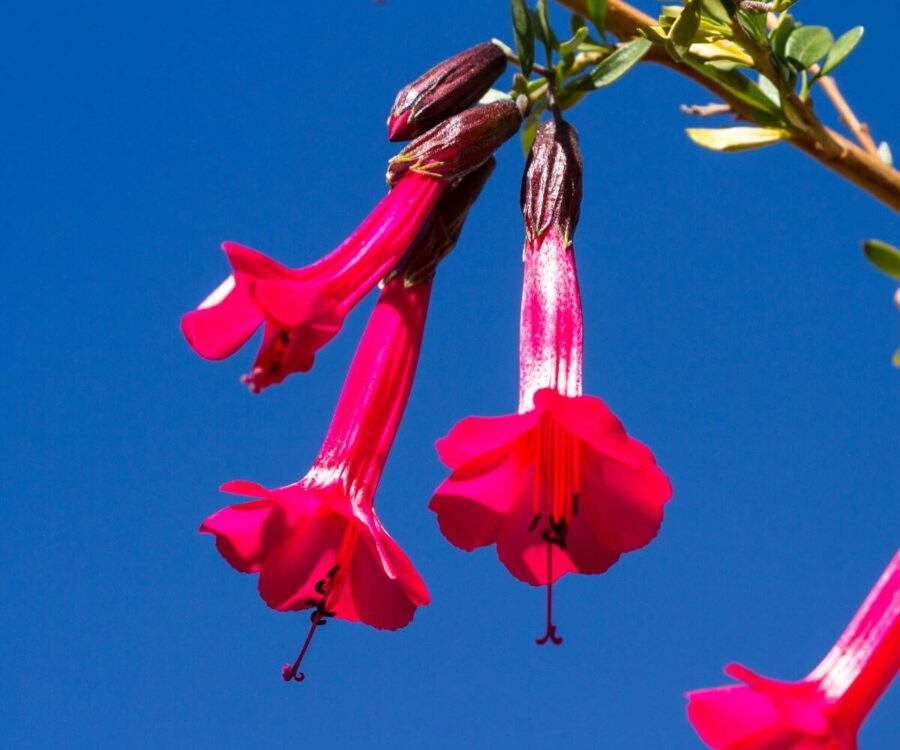The Cantuta is the national flower of Peru that represents the cultural identity of the Andes. This plant is known for its vivid colors, especially in red and yellow. What makes this flower special is that it grows in the highlands of Peru, holding great value in the local communities. Learn more about the Cantuta.

Table of Contents
The Cantuta flower is one of the most emblematic flowers of Peru and has been a symbol of identity for Andean cultures due to its vibrant colors and sacred meaning, making it a plant of great cultural value.
The Cantuta holds many meanings within Inca and Andean culture. It was worshipped by the Incas, who saw it as a symbol of love and respect for the land. This flower was commonly used in ceremonies and rituals to ask their gods for protection and abundance in crops.
It offers medicinal properties and benefits for treating the following issues:
It is mostly consumed as an infusion made from its flowers and leaves. It also helps treat small wounds and discomfort. Additionally, it is used to prepare medicinal baths to relieve rheumatism and other ailments.

The Cantuta is a plant adapted to the high altitudes of the Andes, being cold-resistant, highlighting its fundamental role in the ecosystem.
It is found in the central and southern regions of Peru, known for their favorable conditions for the growth of the Cantuta. Its adaptation to high altitudes makes it a resilient species.
Cusco Region: The Cantuta blooms in many rural and mountainous areas and is a sacred element for many communities. It is also used as decoration for traditional clothing.
Ayacucho: This region is another natural habitat for the Cantuta in Peru because the plant adapts well to cold conditions and is also used in festivals and cultural practices.
Apurímac: This region has a great biodiversity and ideal conditions for the Cantuta, growing mainly in the high zones of Apurímac and sometimes in inter-Andean valleys.
Huancavelica: It is mainly found in rural and mountainous areas, highly valued both for its ornamental properties and its cultural significance.
Junín: It can be found in the inter-Andean valleys at high altitudes and in dry climates where day and night temperatures can vary. The Cantuta flower has proven to be resilient in such an environment.
Puno: Especially near Lake Titicaca, the Cantuta flower can be found in some mountainous areas where the temperatures are cold and the soil is dry.
Lima (Central Sierra): In the central highlands of Lima, such as Huarochirí and Canta, it is also possible to find it, as it adapts well to low humidity and sun exposure.
